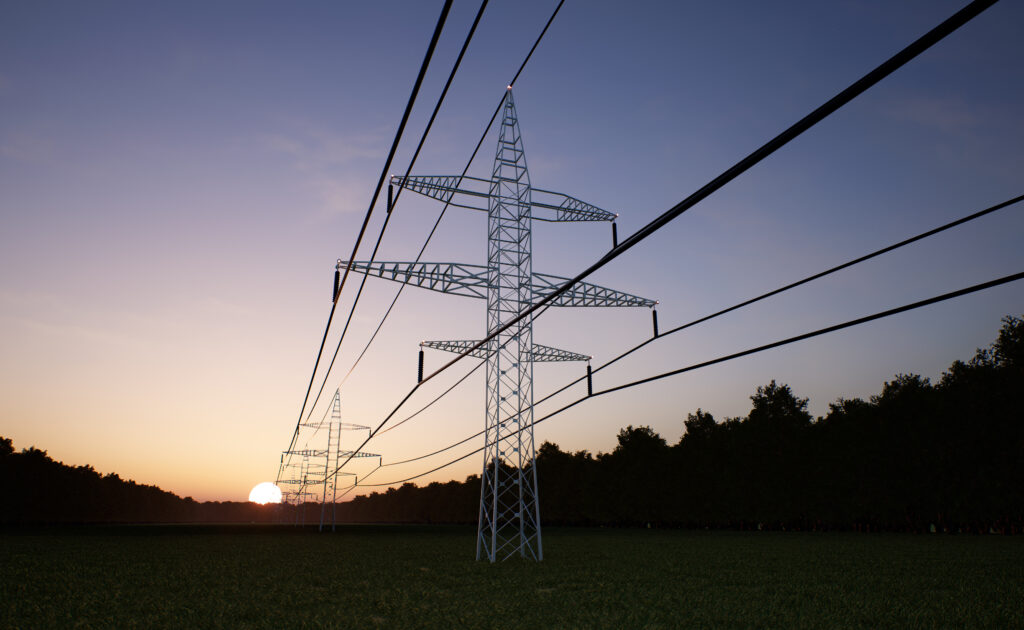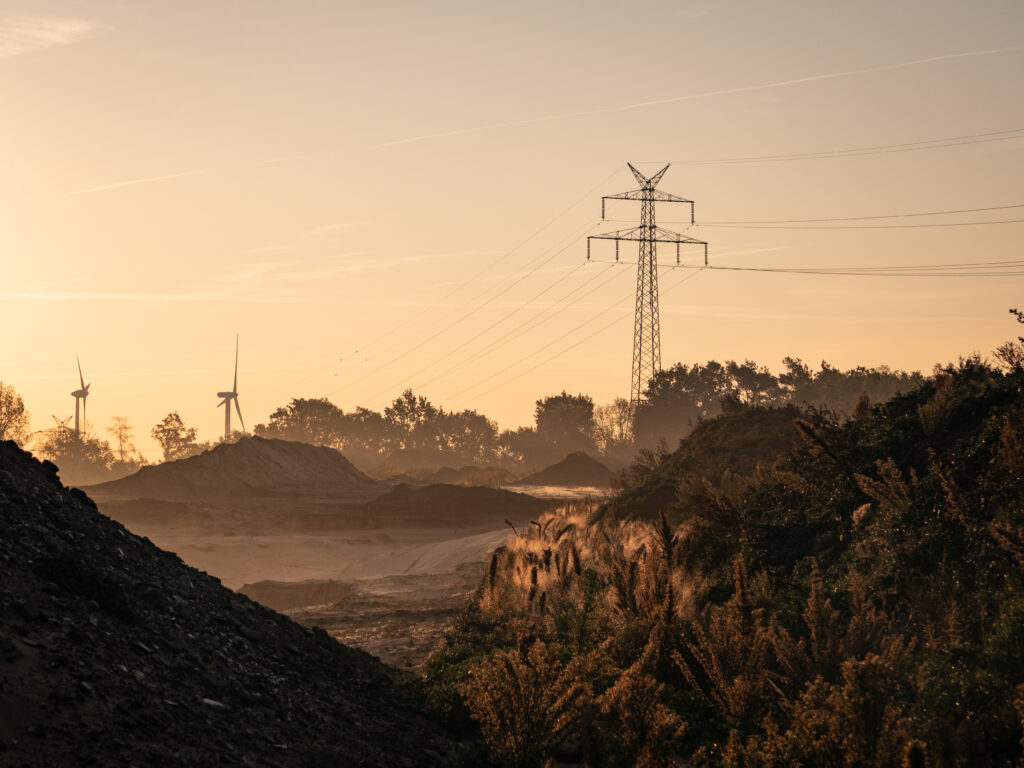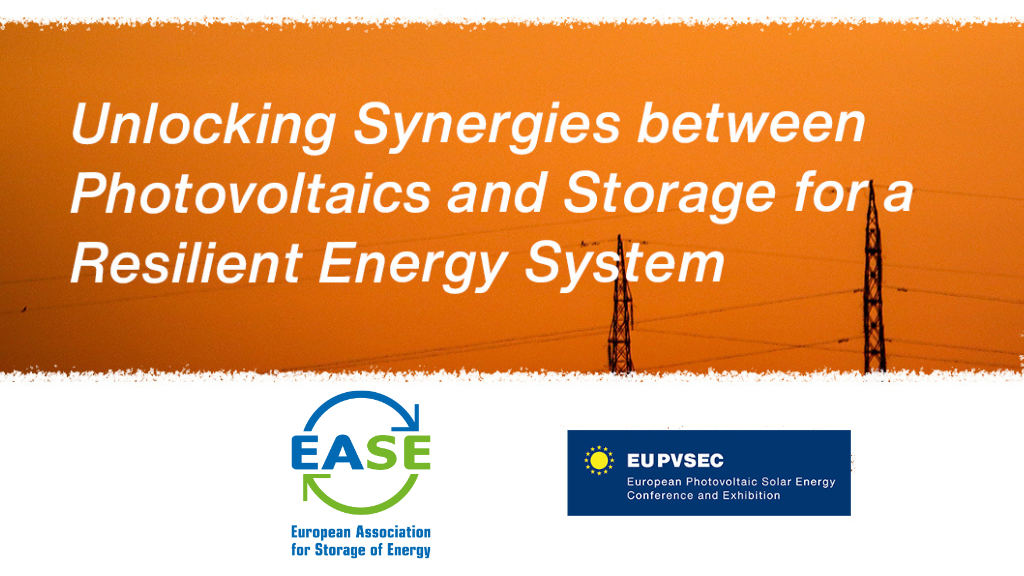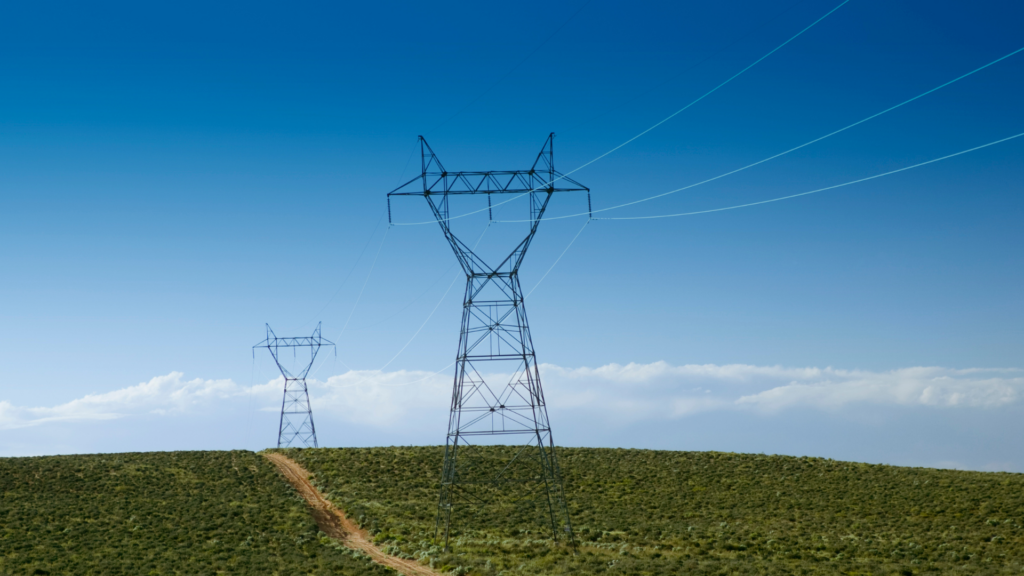10.01.2022 / News
Giulia Ravarino is the Winner of the 6th EASE Student Award
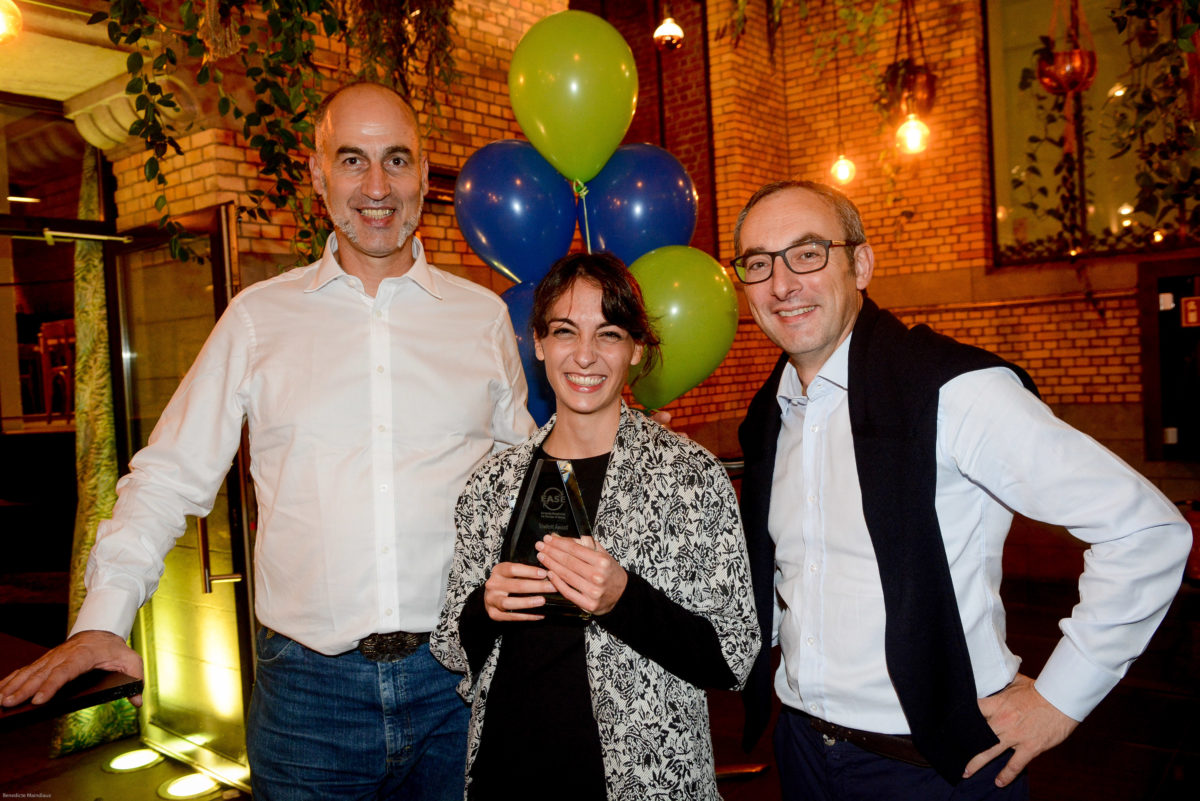
The European Association for the Storage of Energy (EASE) is proud to announce the winner of the 2021 edition of the EASE Student Award: Giulia Ravarino, who conducted a exceptional research on market integration of community-based virtual power plants.
Congratulations on winning the 2021 EASE Student Award! We really enjoyed your thesis on “Market Integration of Community-based Virtual Power Plants”. Could you please summarise its focus and findings?
Thank you very much for this acknowledgement and for promoting the work of students in the energy storage sector every year.
My thesis focuses on the aggregation of distributed and small-scale energy assets (residential rooftop PV plus batteries) into virtual power plants (VPPs) and explores the business case for their participation to flexibility markets within the latest Italian demand-response pilot.
To assess whether consumers would be interested in joining the virtual power plant on a purely economic basis, the market integration use case (VPP with batteries for provision of flexibility services) is benchmarked against the PV self-consumption use case (VPP with batteries for maximizing PV self-consumption).
Findings suggest that the economic case for market integration of virtual power plants is rather strong, even when compared to the PV self-consumption use case, which already makes a viable option in Italy.
However, results are very sensitive to the self-consumption ratio and to future and uncertain electricity prices.
When did you first become interested in sustainable energy technologies, and what drew you to the topic of your thesis on virtual power plants?
My interest towards an academic path in sustainable energy technologies started when I was looking for university studies that would have allowed me to find a career with purpose in an innovative sector.
I studied Energy Engineering at Sapienza University of Rome and I became specifically interested in the energy storage field while pursuing an internship in the battery procurement team of an energy utility company.
As I came to understand that the biggest challenges the power system faces today stem from the growing share of renewable energy sources, I shifted the focus on grid applications of battery storage and therefore the topic of virtual power plants for provision of flexibility services became a natural choice for my thesis.
What role do your see virtual power plants playing in the future energy system?
As renewables expand and power generation decentralizes, the electricity grid is increasingly challenged by overloads, frequency, voltage issues and more.
Virtual power plants have the potential to become a key source of flexibility for the power system, facilitating the integration of more renewables.
Benefits are not just limited to the grid. Virtual power plants create a win-win scenario for a large set of stakeholders: new revenue opportunities for aggregators and end-customers, reduced capital investments for network operators and lower emissions for the environment.
This is made possible by the digital platform connecting and optimizing the multiple decentralized energy assets. The same way sharing economy platforms (Uber, Airbnb…) are creating value not by owning physical assets but by orchestrating them in a way that provides real-time services to customers, virtual power plants can play a key role in the future energy system by matching supply and demand at the specific location and time needed.
What are your future career plans? Do you see yourself working in the storage sector?
I am currently working as a network planning engineer in Enel Global Infrastructure and Networks, where I provide technical support to investment grid planning activities.
Energy storage and demand response are already part of my activities, as they are increasingly seen as useful alternatives to expensive grid reinforcements amid the rise of distribution-connected generation and electric vehicles.
With future regulatory evolutions, these sources of flexibility will become even more valuable at the distribution network level.

